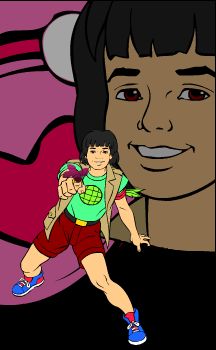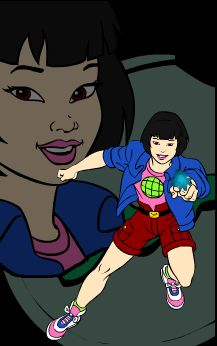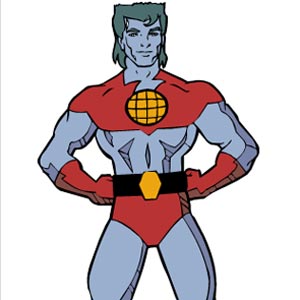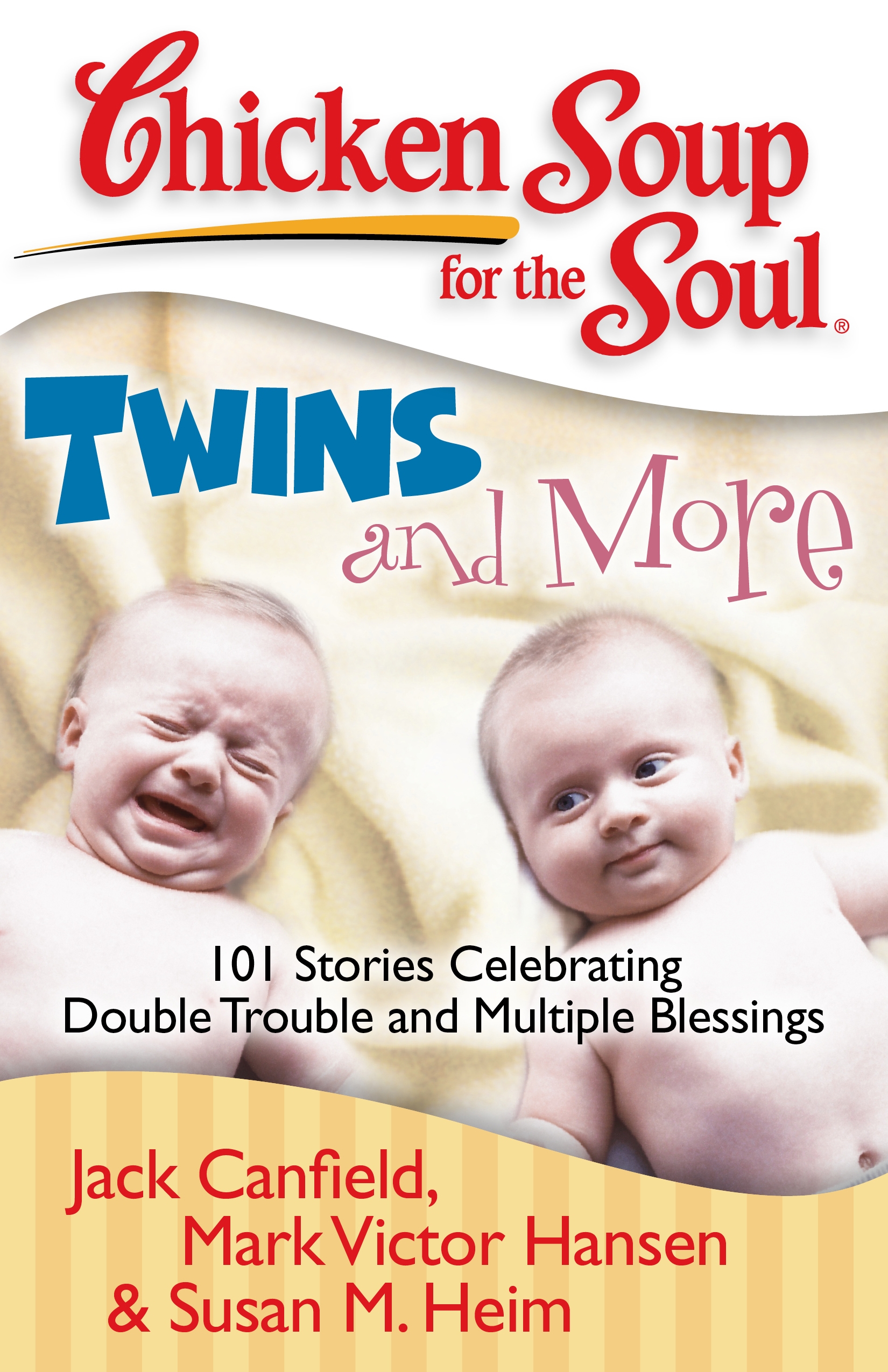
For some reason, magic rings are pretty common cartoon motif. I suppose the appeal is pretty universal: you wear on your hand not only the irrepressible power to do your magic bidding but also your membership card to an exclusive superhero club. Unfortunately there's got to be some sort of superhero hierarchy out there, meaning not all superheroes are created equal. Magic ring or not, it's pretty safe to say that Protector of the Environment doesn't quite rank up there with the coolness factor of Batman or Superman. Hell, even Mighty Mouse may have had something on these guys.
Captain Planet was the animated response to an increasing push for social relevance and educational programming in children's television programming. This brand of thinly-veiled cartoon education, dubbed "edutainment", was pretty forthcoming in its attempts to teach us all sorts of pertinent facts and figures regarding the environment and our role as informed citizens of Earth. Think of it as an animated superhero version of An Inconvenient Truth, but with fewer powerpoint presentations and more mystical Earth spirits.
In the true spirit of the 90s, Captain Planet and the Planeteers were painfully multicultural. As emphasis of the inherent value of diversity grew in the American cultural marketplace, TV producers became more and more eager to appear politically correct in their entertainment undertakings. It was no longer enough to abide by the time-honored principle of tokenness. No, children today needed not just a vaguely ethnic friend here and there but rather a full gang of worldly companions. In an painstaking effort to make it even more realistic, the American one is by far the most ignorant and least informed. Who says cartoons aren't a mirror to society?
It all starts when the spirit embodiment of the Earth, Gaia, wakes up and is pissed to see the horrible squandering of resources and pollutive tendencies of contemporary man. There's pretty much only one thing she can do: conjure up a slew of magic rings, send them to some kids around the world, and hope for the best. Gaia's convenient Planet Vision alerts these youths as to the most devastating pollutants and disasters cropping up around the world, to which they must mobilize and act. Each Planeteer controls an element: Earth, Wind, Fire, Water, and...Heart?
These kids, while marginally powerful, are not altogether qualified to confront the worlds' mounting environmental crisis. Just as the Mouseketeers could always call on Mickey for reinforcement, so too could the Planeteers summon their more powerful and well-known pal. With the power of their rings combined and and a rousing cheer of "Go Planet!", the meager Planeteers could conjure up their leader, Captain Planet.
If you think I come up with some groan-inducing puns, you should go back and take a gander at some of the god-awful punnery that Captain Planet emits. Perhaps it's smog related, but something is clearly clouding his judgment with these cheesy jokes (Clouding? Smog? Come on, throw me a line here.) Captain Planet is pretty powerful, as far as superheroes go, but he's got his limitations. Just as Superman had Kryptonite, our man CP has pollution. Scary, isn't it?
The Planeteers, while less powerful, had a few tricks up their respective natural-fibered sleeves. In the intro, we find that we too can be Planeteers. As a child, this was so exciting for me I practically tripped over own burgeoning compost heap in a maniacally frantic effort to sort my recycling or purchase a sweatshirt made out of used water bottles. Just imagine, me, a Planeteer! It's almost too much to bear. As my role as a Planeteer was not sufficiently well-documented in the series (I blame my lack of multicultural qualities for this obvious snub for camera time), our more prominent ring-bearing Planeteers got quite a bit of airtime:
Kwame

Played by Lavar Burton, host of Reading Rainbow and star of the Roots miniseries. Talk about socially conscious, Burton was edutaining us from all fronts. Kwame possesses the power of Earth, which allowed him to create earthquakes, mountains, and other not-so-exciting plate-tectonic and topographic landforms. From Africa, Kwame came across his magic ring while planting trees in the Savannah. He acts as sort of an unofficial leader to the group, and always gets to be the one who shouts, "With our powers combined...!" Which when you think about it, was probably one of the best jobs on the show.
Linka

Voiced by Kath Soucie, another 90s voice actor extraordinaire. With voice acting credits like Phil and Lil of Rugrats, Lola Bunny from Space Jam, and Futurama's Cubert Farnsworth, Soucie was a veritable voice chameleon. In this case, she voiced Linka, our communist Soviet Planeteer, later replaced by the vaguer "Eastern European" Planeteer following the USSR's demise. She is incredibly stereotyped to the early-90s mounting fear of Soviet education surpassing that of the US, with superior math and computer hacking skills. Cute, no? Linka has the power of Wind, allowing her to create gusty breezes, tornadoes, and to some extent, offers her the power to levitate.
Ma-Ti

Our South American Planeteer did not boast quite as well-known voice acting credentials, but Scott Menville did play Kimmy Gibbler's boyfriend Duane on Full House which certainly gives him points in my book. Ma-Ti lives in the rainforest with his grandfather, a local Shaman. In case you had yet to notice, the Planeteers' creator took great pains in making the diversity as painstakingly obvious as possible. It was never acceptable for a South American to live in a major city, or an Asian to be scientifically non-inclined. These Planeteers took their embodied stereotypes highly seriously. Ma-Ti had the power of Heart, which was clearly the crappiest element. It wasn't an element at all, if you want to get technical. He could converse with animals, occasionally read minds, and affect others emotionally, but you have to admit that when compared to the other Planetary (Planeteery?) powers this one seemed a bit consolatory.
Wheeler

Voiced by Joey Dedio, who earns my seal of 90s credibility for voicing the over-the-top drug dealer in Cartoon All-Stars to the Rescue! Wheeler was our American friend, and in typical typecasting fashion he is a salty, short-tempered Brooklynite. He wielded the power of Fire, which was admittedly cooler and more useful than many of the other elements. In retrospect Wheeler's role as an American was a bit insulting to actual Americans, though not altogether untrue. He came across as overly privileged and ignorant, and was forced to serve as comic relief to his smarter, more able global counterpars.
Gi

The Southeast Asian member of the group, Gi was voiced by Janice Kawaye. Proving my American ignorance in a manner not unlike that of my Planeteer pal Wheeler, I must admit I'm pretty clueless about Kawaye's other voice credits, which include such
shows as Hi Hi Puffy AmiYumi. Gi is an aspiring marine biologist, and hence posesses the power of Water. She can control water to do her bidding, unless of course it is (gasp!) polluted. Gi is also unsurprisingly highly knowledgeable in science, which is not so shocking in this realm of absolute, unerring stereotyping.
With their powers combined, they could summon the reliable Captain Planet, a blue-faced, green-mulleted muscular superhero.

His intentionally hazy powers mean that he can pretty much perform whatever sort of magic necessary to fit the situation. Convenient, indeed. I always sort of thought he had something going on with Gaia, too.
Captain Planet's tagline, "The Power is Yours!" emphasized a worthwhile if cheesy take on personal responsibility to global environmental issues. Things certainly got a little (read: overtly) PSA, and by a little, I mean a lot. Observe, a call against joining gangs, vandalism, graffiti, littering, and pretty much anything else you can think of:
Obviously, the intentions were good but the edutainment factor often came off as more skewed toward the educational than the entertainment. Regardless, it was entertaining, if a bit corny. In his constant reminders that the Power is indeed ours, at least we got to feel marginally powerful, albeit in an environmentally conscious, distinctly unsuperhero type of way. At least we got to hear his never-ending pollution puns. For however ignorant the Planeteers assumed us to be, they worked tirelessly with Captain Planet to clear the air for us on all things environmental.
(insert groan here)
Check it out:
Captain Planet's TV Tropes















